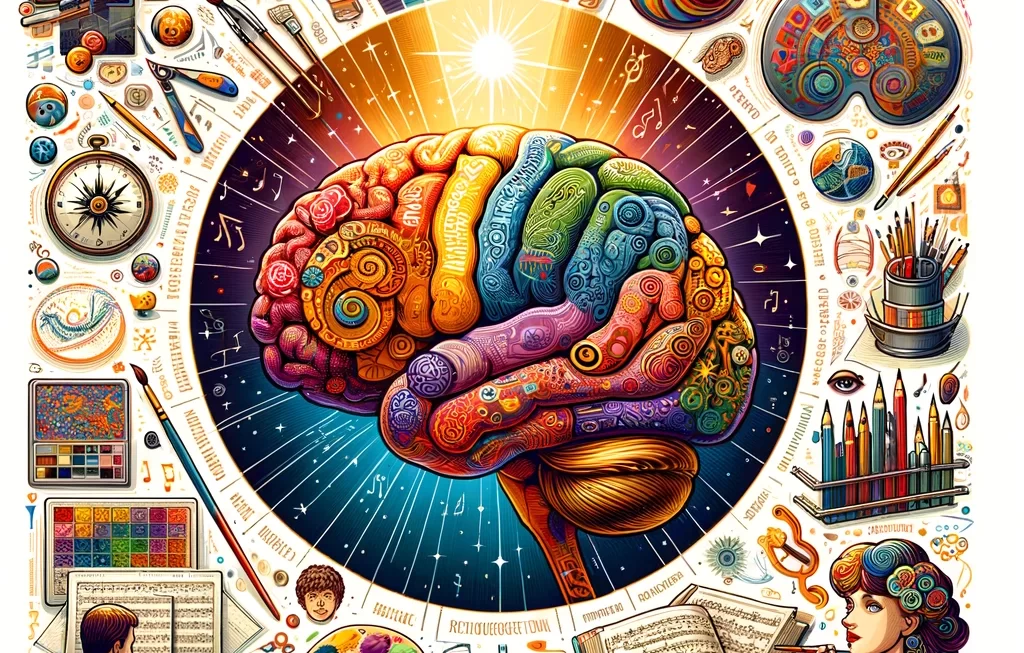Memory plays a crucial role in our daily lives, influencing how we learn, interact, and perceive the world. This detailed article explores the intricacies of memory, the concept of the forgetting curve, types of memory, encoding, retrieval processes, and provides insight into how these elements impact our cognitive functions.
Understanding Memory: Types and Processes
Types of Memory:
- Sensory Memory: The shortest-term element of memory, it allows individuals to retain impressions of sensory information after the original stimuli have ended.
- Short-Term Memory (STM): A temporary storage system that processes incoming sensory memory; sometimes called working memory.
- Long-Term Memory (LTM): The continuous storage of information, relatively permanent and limitless. It includes explicit (declarative) and implicit (non-declarative) memories.
Encoding and Retrieval:
- Encoding: The process of converting information into a form that can be stored in the brain.
- Retrieval: The ability to access information when you need it, pulling it back into your conscious mind.
The Forgetting Curve: Hermann Ebbinghaus’s Contribution
- Concept: The forgetting curve hypothesizes the decline of memory retention over time. Ebbinghaus found that information is lost exponentially if no effort is made to retain it.
- Implications: This curve demonstrates the importance of reinforcement in memory retention.
Statistical Insights
- Studies suggest that without reinforcement or connections to prior knowledge, information is quickly lost. Memory retention drops to around 40% within the first few days.
Practical Applications
- Educational Contexts: Understanding the forgetting curve can help in designing more effective learning strategies, such as spaced repetition.
- Therapeutic Uses: In therapy, insights into memory processes can aid in addressing issues like trauma or memory loss.
Case Studies and Evidence
- Case Study on Learning: An experiment with language learners showed that using spaced repetition increased retention rates significantly compared to cramming.
- Memory Research in Alzheimer’s: Studies on Alzheimer’s disease provide critical insights into how LTM deteriorates and the importance of early diagnosis and intervention.
Criticisms and Counterarguments
- Critique of the Forgetting Curve: Some argue that the forgetting curve may vary significantly based on the type of information or individual differences.
- Debates on Memory Types: There is an ongoing discussion among psychologists about the distinctiveness and overlap between different types of memory.
Memory and the forgetting curve are fundamental to understanding human cognition. By exploring their complexities, we gain valuable insights into learning, retention, and cognitive health.
Frequently asked questions
Techniques like spaced repetition, mnemonics, and connecting new information to what you already know can significantly enhance memory retention.
No, individual differences, such as cognitive abilities and lifestyle factors, can influence the rate of memory decline.




